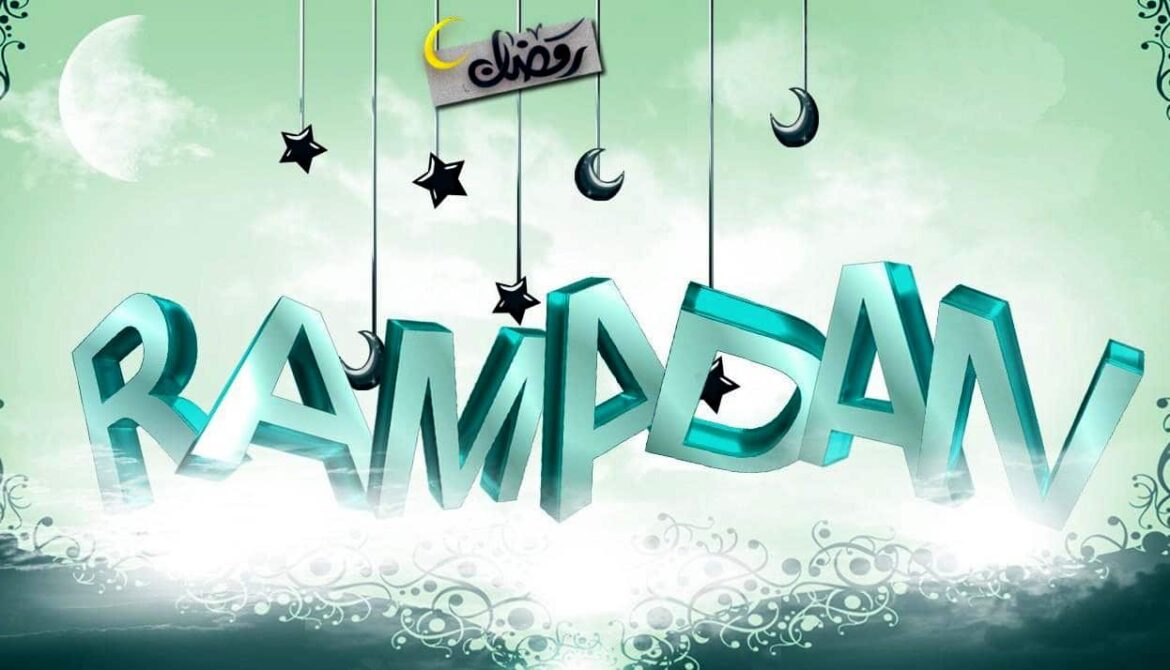1.1K
We explain what Ramadan is in this article. The month of fasting takes place once a year for Muslims. Read when and why it takes place and what the rules are
Ramadan – what it is and what is behind it
Ramadan is the month of fasting, which in Islam always falls on the ninth month of the lunar calendar. This time is particularly important for Muslims because, according to Islamic tradition, it was during this period that the holy scripture of the Qur’an was delivered to mankind.
- During Ramadan, Muslims should fast between sunrise and sunset. This involves not only abstaining from food and drink, but also renouncing sexual activity and all bad behaviour.
- The time of fasting is to be spent in prayers, reading the Qur’an and visiting the mosque. According to the Qur’an, past sins are thereby forgiven by God.
- If the fast is broken without permission, a respite can be granted and the lost day can be made up at the end.
- Old people, the sick, pregnant women and young children are exempt from fasting. People who are on a long journey and therefore cannot necessarily observe fasting are also exempted.
Ramadan – here’s how it works
The fasting month of Ramadan follows a strict routine that all Muslims must observe. This schedule is determined by prayers and eating or fasting.
- Before sunrise, Muslims are allowed to eat a light meal, the Suhoor. Afterwards, neither drinking nor eating is allowed until sunset.
- After the prayer, at sunset, the fast is broken briefly and family and friends gather for what is called iftar. Traditionally, iftar includes dates, apricots and sweet milk, among other things.
- The festival of Ramadan, Eid al-Fitr in Arabic, marks the end of the month of fasting. The festival can last several days and is characterised by a feast eaten with family and friends.
- By donating to the poor during Ramadan, sins committed during the fasting period can be forgiven.

